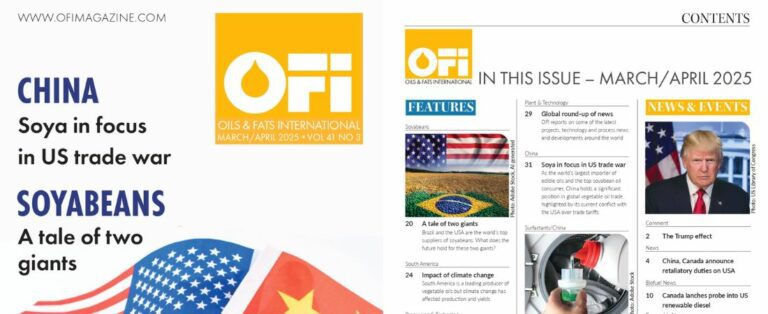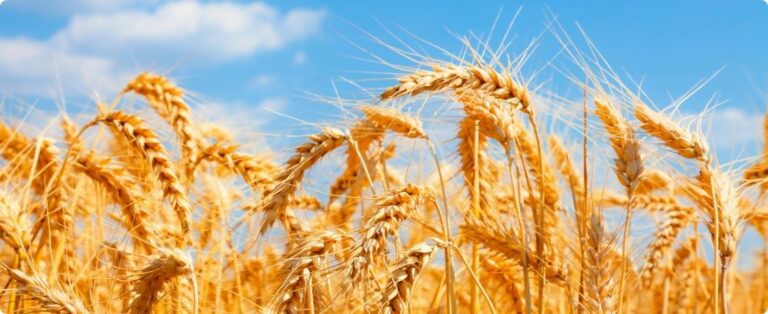
Our experts, Zainab Alhamwi and Laura Pereira, embarked on a tour of the Middle East, and, in addition, participate in the Gulfood 2024, held at Dubai World Trade Center from 19 to 23 February. This event, recognized as the largest annual food and beverage gathering in the world, attracts more than 50,000 daily visitors, with more than 5,500 global brands on display.
This year, Gulfood 2024 stood out not only for its size, but also for the depth of its content and the variety of participants. Under the theme “Real Food, Real Business”, the event brought together globally renowned brands and new exhibitors. Authentic food products, ingredients and culinary practices were showcased, fostering meaningful business connections. New country pavilions, such as Armenia, Azerbaijan and Venezuela, joined the event, highlighting its growing influence and scope.
In addition to being a platform for business, Gulfood 2024 served as a stage for advanced discussions on the future of the food industry. Furthermore, the Gulfood Inspire conference brings opinion leaders, entrepreneurs, futurists, chefs, scientists and academics from across the sector. Topics ranged from technology-driven digitalization to disruptive innovations and the transition to circular food systems.
Agricultural challenges in Tunisia: Between conflicts, climate and trade
Our experts also took the opportunity to visit Tunisia, which regularly happens every 2 years. Between 2023 and 2024, Tunisia faced significant challenges in the agricultural sector due to a series of adverse factors. Local conflicts have damaged trade, production and international ties, especially with crucial European markets for Tunisian agricultural products.
Internal political instability worsened the problems, with frequent demonstrations and strikes affecting logistics and the transport of goods. On the other hand, the situation was also worsened by extreme weather conditions, including severe droughts and heat waves, which compromised harvests, particularly olive crops, one of Tunisia's main exports. This led to a decrease in the production of olive oil, one of the pillars of the country's agricultural economy, negatively impacting foreign trade and increasing dependence on imports of basic products, such as grains and cheaper vegetable oils.















